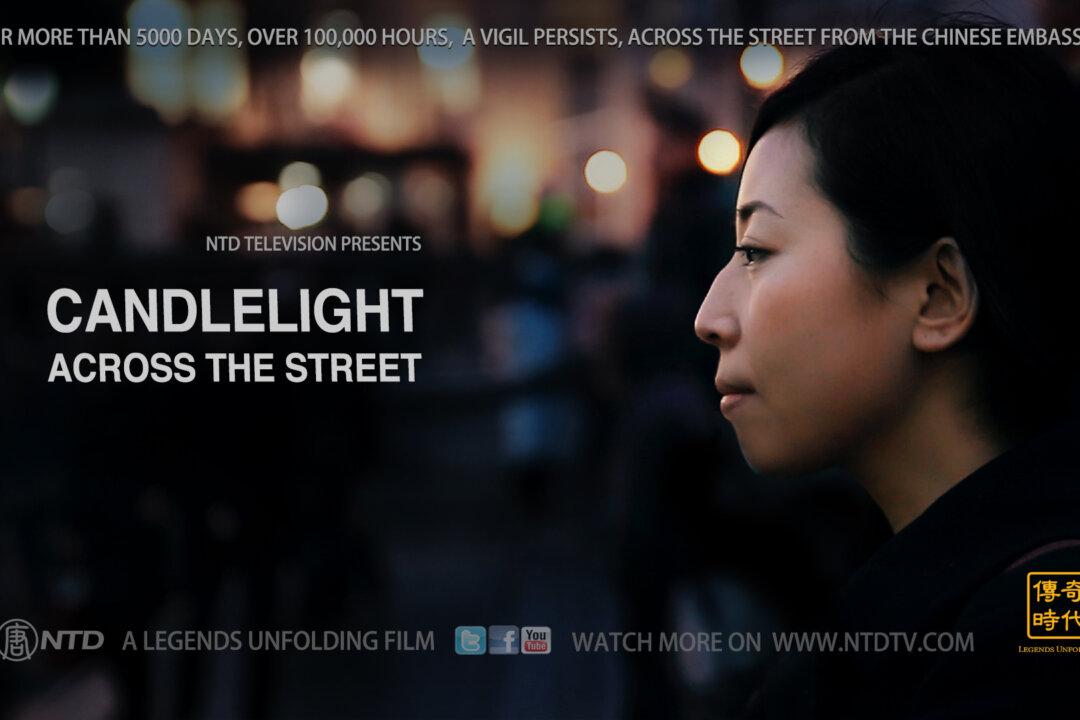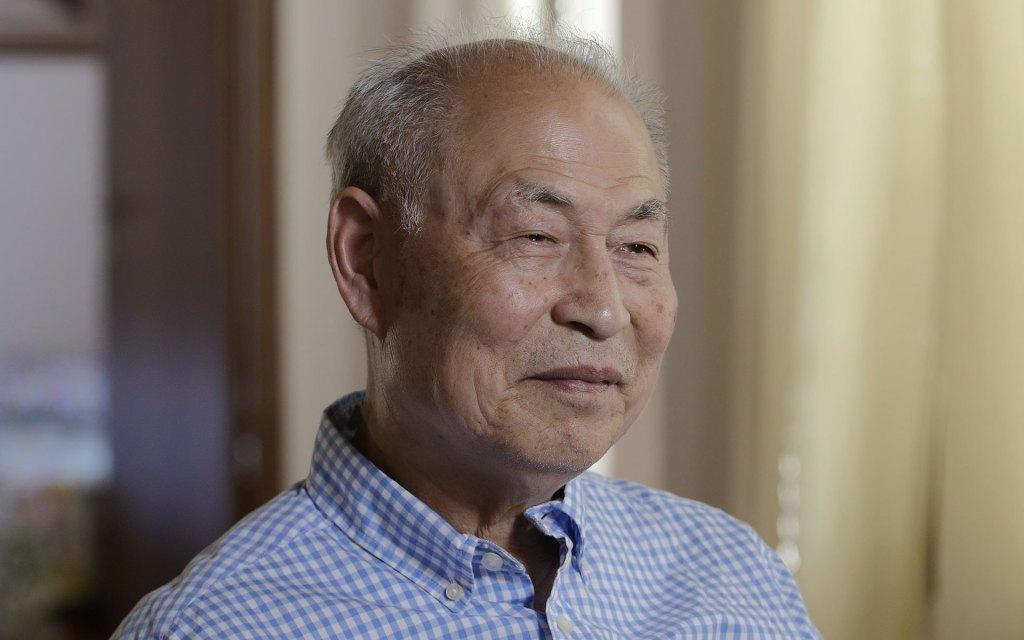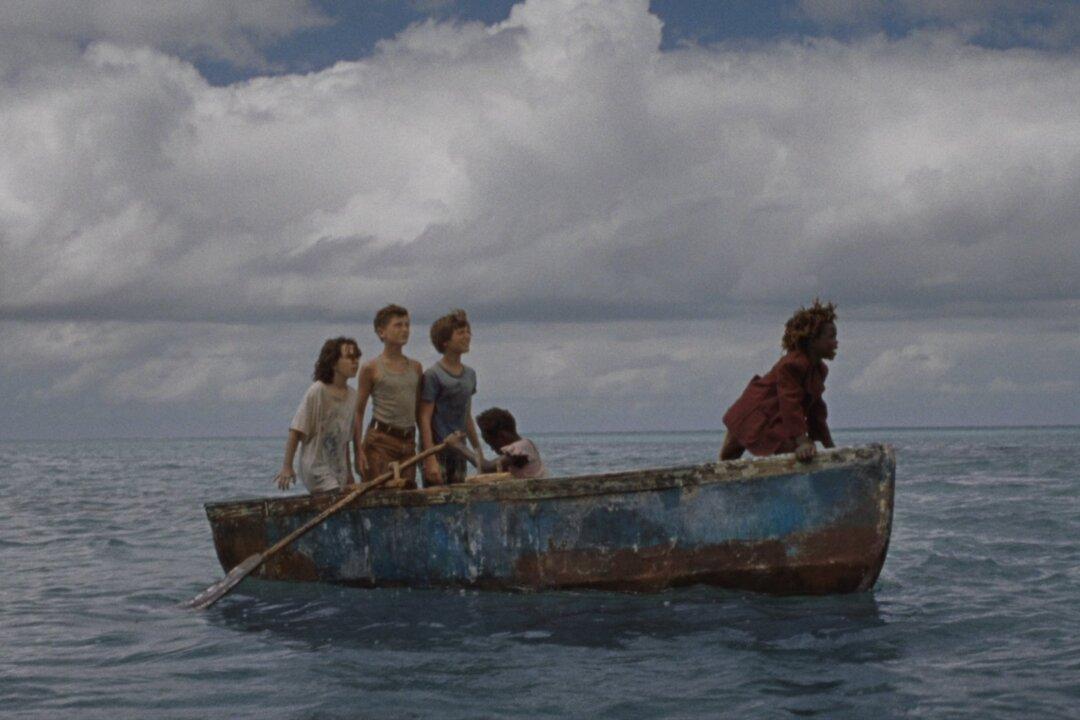While the pandemic proliferates across continents, so too does a global awareness of the duplicitous and insidious nature of China’s regime. We are collectively coming to understand the magnitude of the devastation, and the Chinese Communist Party’s (CCP) role in the COVID-19 outbreak, caused by the novel coronavirus, more aptly named the CCP virus.
With time on our hands under lockdown, many of us have an increasing appetite to understand how we have come to be in the situation we are in.





